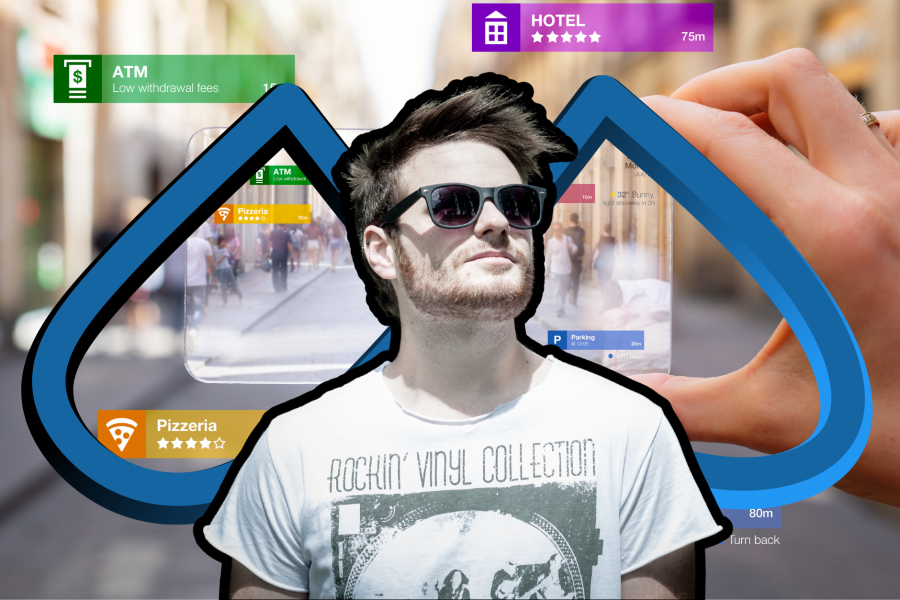Meta reportedly plans to showcase and demo its first true augmented reality glasses at its fall developer conference this year.
According to Business Insider, several anonymous sources claimed that the AR team is being pushed to have the high-tech glasses showcased during Meta’s annual Connect conference for third-party developers.
Internally known as “Orion,” these glasses are different from the recently introduced Ray-Ban Meta Smart Glasses and the Meta Quest headsets. For one, the glasses do not feature AR properties, while the headsets are mainly used for VR gaming and mixed-reality experiences.
However, the Orion project, managed by Meta’s Reality Labs division responsible for AR, virtual reality, artificial intelligence, and all metaverse-related initiatives, has already been in development for several years.
Originally known as Oculus VR, Reality Labs is a division of Meta Platforms specializing in creating virtual reality and augmented reality hardware and software. This includes producing the Quest headsets and developing online platforms like Horizon Worlds. Earlier this month, Meta CEO Mark Zuckerberg posted a picture on Threads showing supposed prototypes of the glasses on his desk.
Business Insider reported that a source told them that at least the two glasses frames pictured — were much thicker than the available Meta smart glasses.
Quite a few glasses prototypes on Mark Zuckerberg's desk.
Could some of these have AR, or at least a HUD? pic.twitter.com/YPKtdDV25s
— David Heaney ᯅ (@Heaney555) February 5, 2024
In 2023, Meta announced the roadmap ahead of its plans to release the AR glasses in 2027. Before then, we may see a third generation of Ray-Ban smart glasses in 2025 that come with a “neural interface band” as an input device.
Other AR glasses are being developed
Samsung has also joined the market, as the company recently secured a UK trademark for the term “Samsung Glasses,” covering product categories like augmented reality headsets, smart glasses, and virtual reality headsets.
Meanwhile, Apple’s first headset, the Vision Pro, has had a slow uptake after it was released earlier this year. At an entry point of $3,499, the new device could become a niche product that will present its challenges. Research found Vision Pro costs considerably more to manufacture than the retail price of many other similar wearables.
Featured image: Canva




















